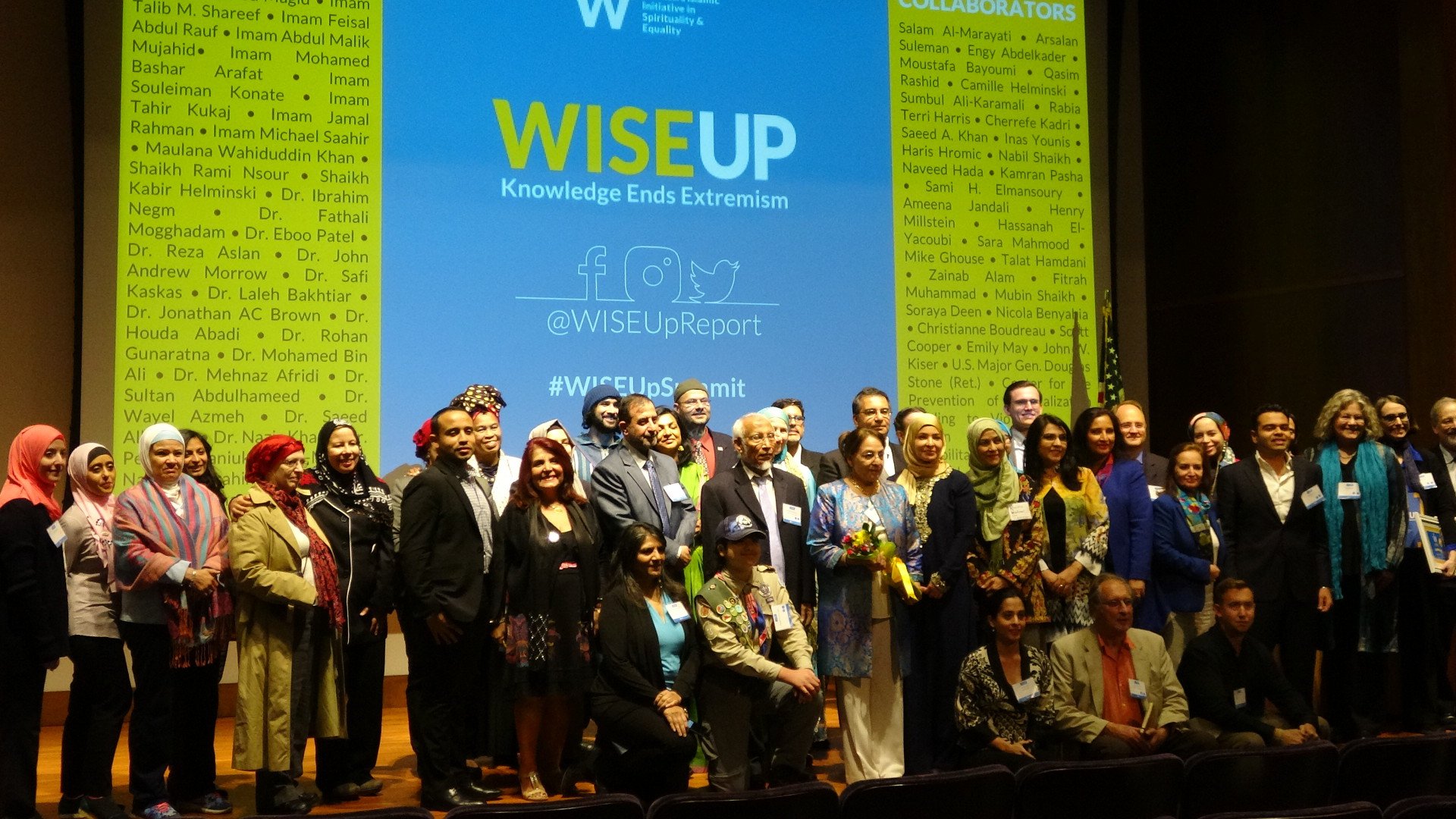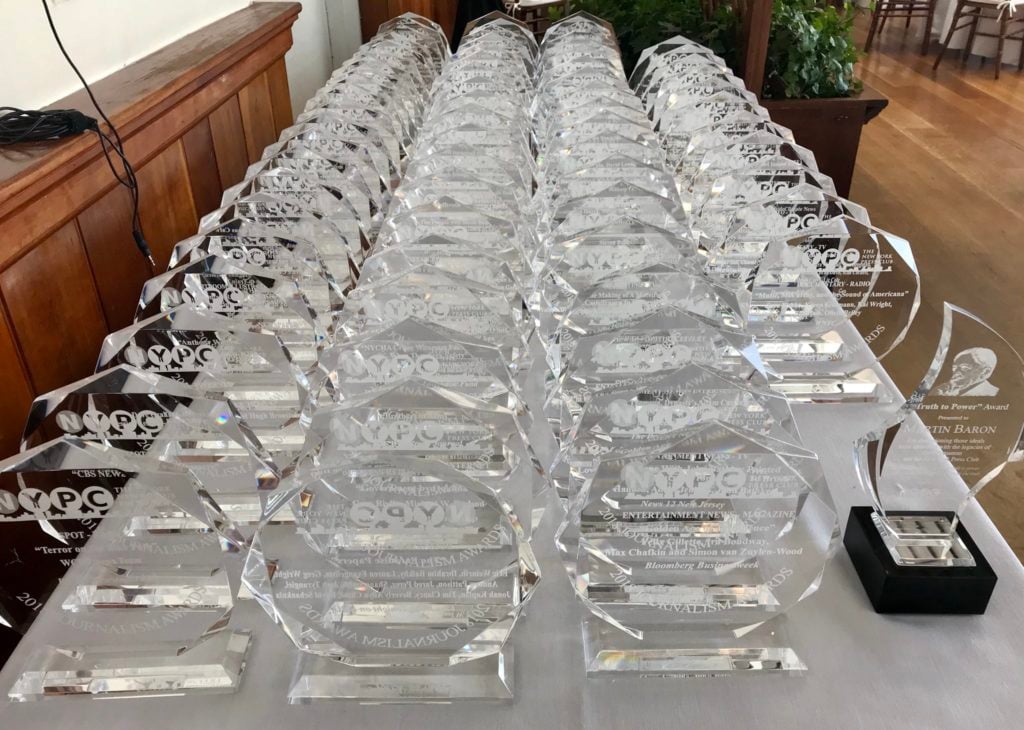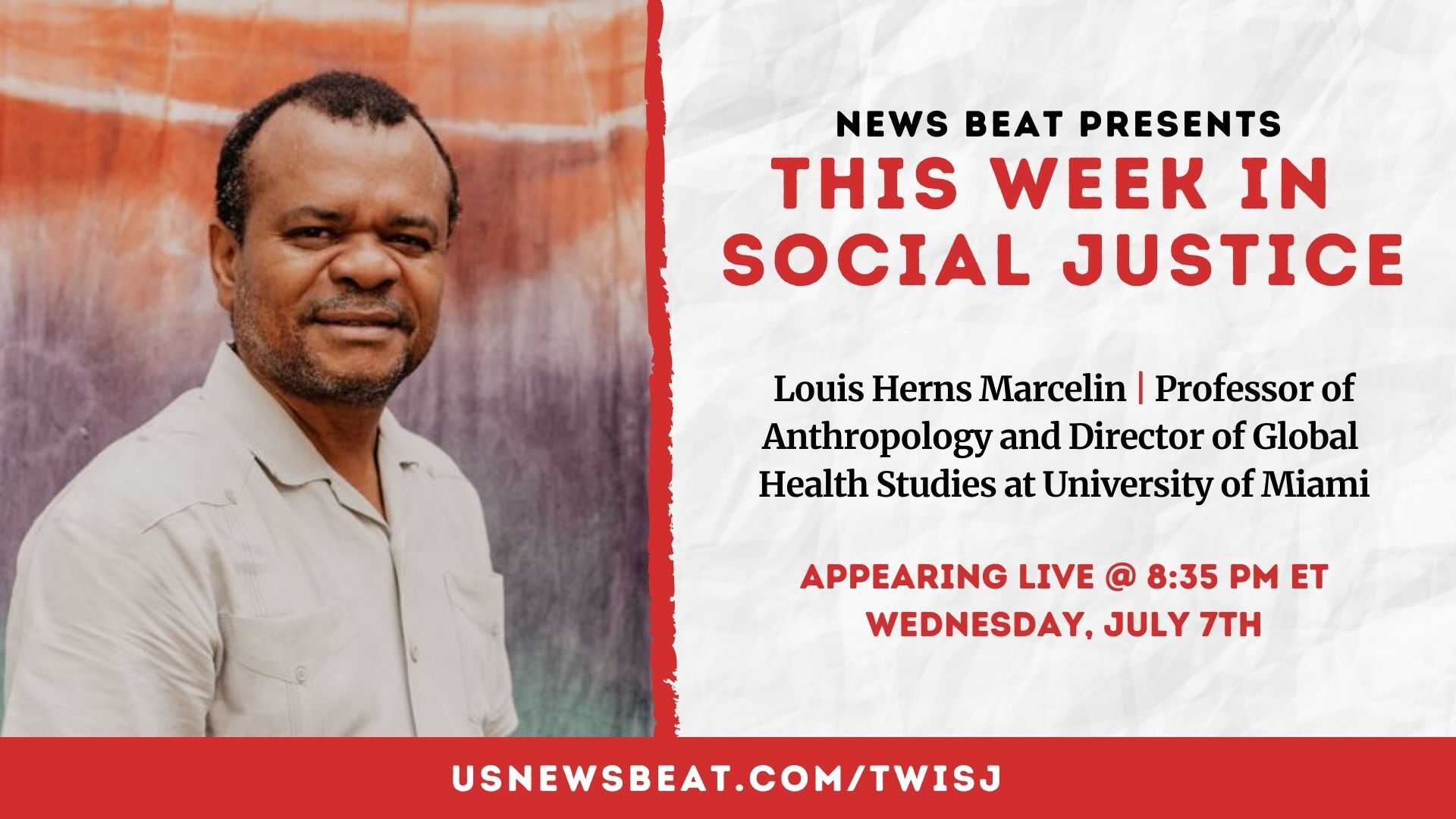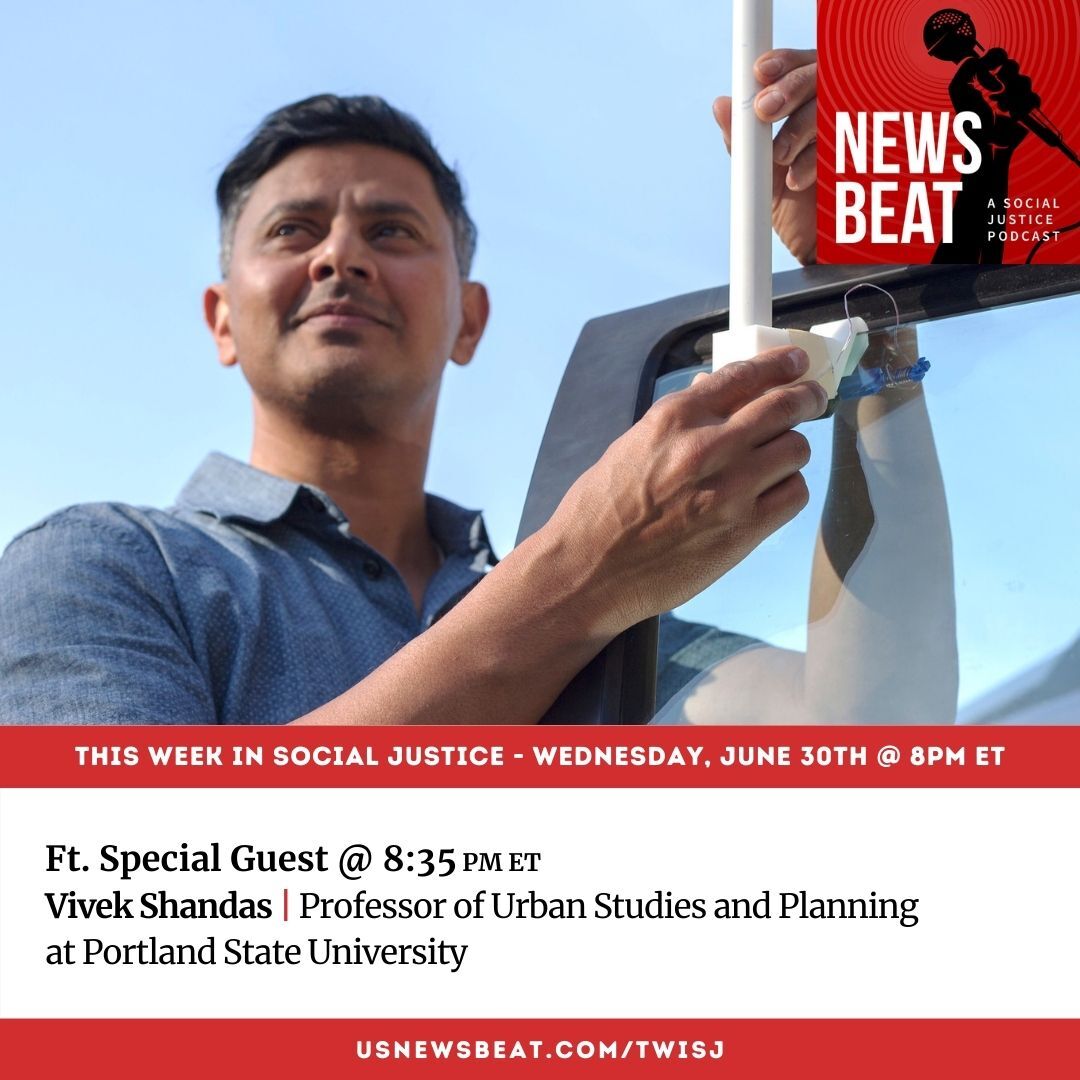 Attendees of the WISE Up Summit on Oct. 26, 2017 in Washington, D.C. (Christopher Twarowski/News Beat Podcast)
Attendees of the WISE Up Summit on Oct. 26, 2017 in Washington, D.C. (Christopher Twarowski/News Beat Podcast)A years-long project spearheaded by one of the leading Muslim American advocates in the United States culminated last week in the release of a robust report debunking myths about Islam while amplifying the spiritual and cultural tenets of the oft-maligned religion.
The 400-page analysis, dubbed “WISE Up: Knowledge Ends Extremism,” and published by the Women’s Islamic Initiative in Spirituality and Equality (WISE), is intended as a resource guide for the American public at large, the media, and perhaps most importantly, parents contending with dangerous messaging from extremists blaring through their children's computer screens.
WISE’s founder, Daisy Khan, announced its release on Oct. 26 at the WISE Up Summit at the Carnegie Institution for Science in Washington, D.C., where a wide range of speakers, spanning academia and law enforcement to scholars and intellectuals from various religious denominations, discussed key issues impacting the Muslim American community.
“Today I’m not the only one speaking out,” Khan told the sold-out conference.
Joining her onstage as she opened the summit were more than a dozen of the report’s contributors.
“I know for decades that we’ve tried bombs and they haven’t worked…we have tried drones and they have not succeeded,” Khan said. “I think the time is right for a fresh, new approach.”
Although the WISE Up report has been in the works for several years, in some ways, it’s more accurately 16 years in the making. Khan has become a prominent voice in the Muslim American community, thrust into action as a spokesperson for her entire religion as a result of the Sept. 11, 2001 attacks. The immediate absence of Muslim Americans leaders speaking out against religious misconceptions and extremists committing heinous atrocities around the globe in Islam's name moved her further into the spotlight.
Those combined experiences—along with protesting against congressional hearings about Muslim “radicalization,” countering uproar over plans to build a mosque and community center in Lower Manhattan, and consistently combating the unrelenting Islamophobia buttressed by nationalist rhetoric so prevalent since the election of President Trump—manifested itself into the birth of this seemingly invaluable resource.
The report centers around the theme of breeding knowledge to overcome extremism. To help people better deploy such knowledge, Khan and others compared extremist ideology to actual Islamic theology, including the proper use of such words as “Jihad,” and meticulously detailing how terror groups like the so-called Islamic State weaponize the internet in order to appeal to impressionable youth—emojis and all.
Listen to News Beat Episode 3: Hijacking Jihad
The report's findings are emblematic of our times. In an era where misinformation is rampant in partisan media and on the Internet, the report’s goal is to separate fact from fiction, while empowering the community most vulnerable to ideological attacks.
Antagonistic behavior toward Muslims is not perceived or limited to online intimidation, either. Earlier this year, researchers at California State University released an analysis that found hate crimes against Muslims in America skyrocketed 78 percent in 2016 compared to the prior year. That's coming off a report released by the FBI that said anti-Muslim hate crimes jumped 67 percent in 2015. The bureau traditionally releases its official hate crimes report each November, tallying incidents from the prior year.
“Extremist don’t have to win, and there doesn’t have to be an extreme reaction to the extremists,” Khan told the audience, which included other Muslim leaders, government officials, and representatives of various faith communities.
Among the topics discussed: A history of Muslim Americans, understanding extremist recruitment and how to intercede, the crafting of an American Muslim identity, and an examination of the root causes of women joining ISIS. Some of the notable moderators and speakers included Wajahat Ali, a contributor to The New York Times; Mehdi Hasan, a contributor to The Intercept and host on Al Jazeera English; and Khan herself.
“I believe this report is having a profound effect on our youth. They’re learning a lot, and especially for Muslim youth, who perhaps don’t know how to read the Arabic Quran and maybe can’t understand everything,” Nadia Hassan, outreach director for WISE and executive director of Young Leaders Institute, told News Beat Podcast. “This is a page-by-page comparison between what the extremist ideology is and what Islam in theology is all about.”
Speaking to the News Beat podcast following the summit, Khan expressed confidence that the report’s teachings, backed by years of research into the genesis of extremism and how such actions are antithetical to Islam, will contribute to a better understanding of the religion among Americans.
One of her goals, she said, is to reach into the heartland and speak to Americans unfamiliar with Islam.
“Knowledge is critical because you can change hearts and minds with accurate information, and especially in the field of theology, if you don’t know where your information is rooted, then there’s no meaning to it,” Khan told News Beat Podcast. “The extremists are very good at exploiting knowledge and using it for their own political gain...so we have to go back and correct that. And the corrective can only be done when we present the real knowledge versus the fake knowledge that’s out there.”









